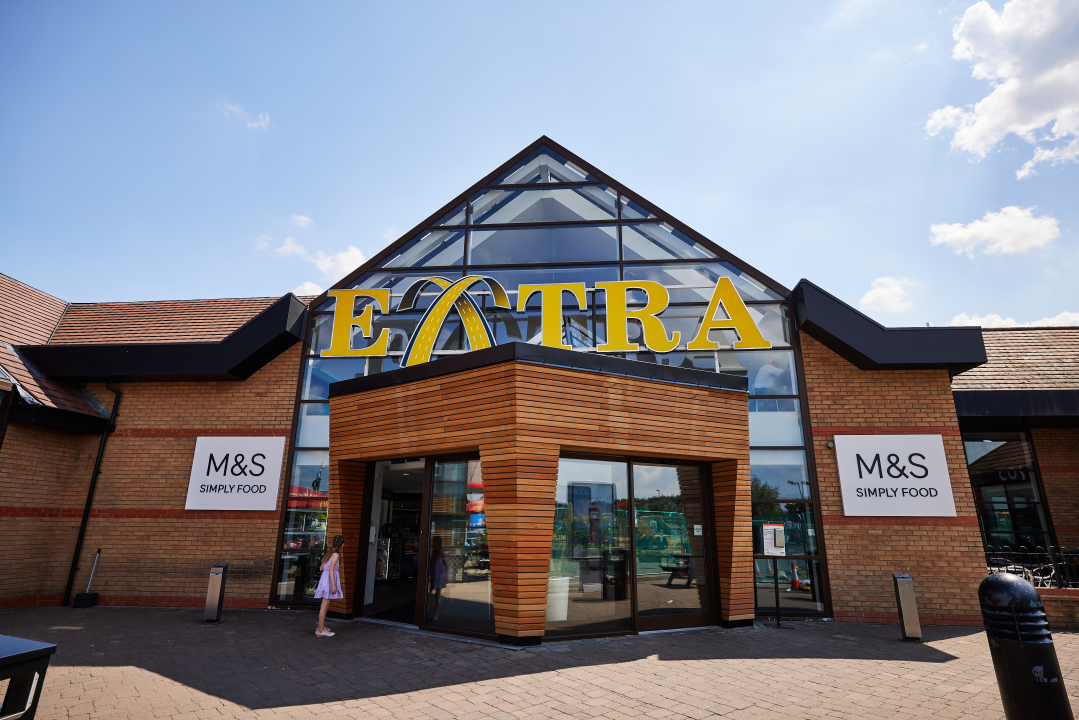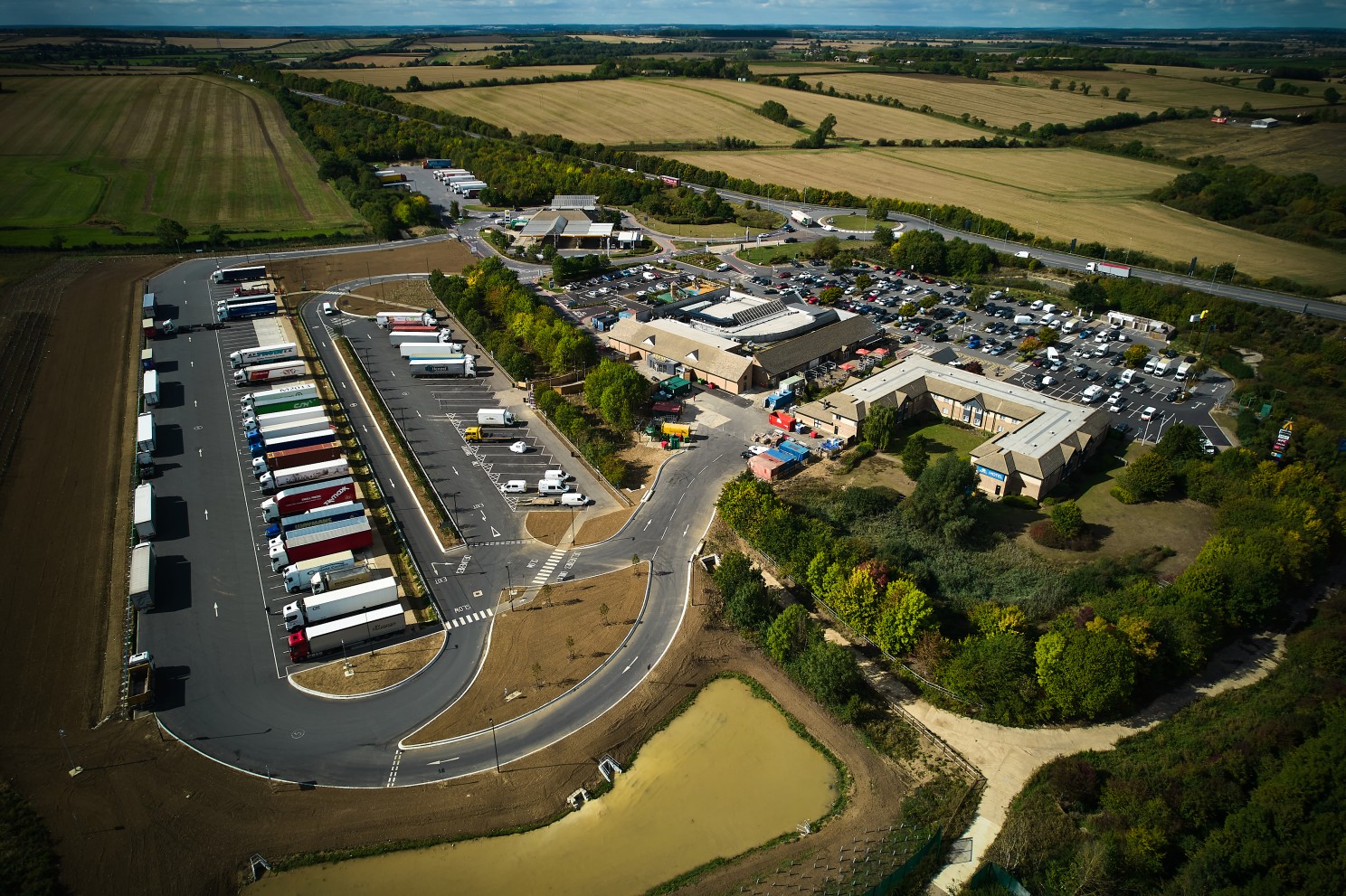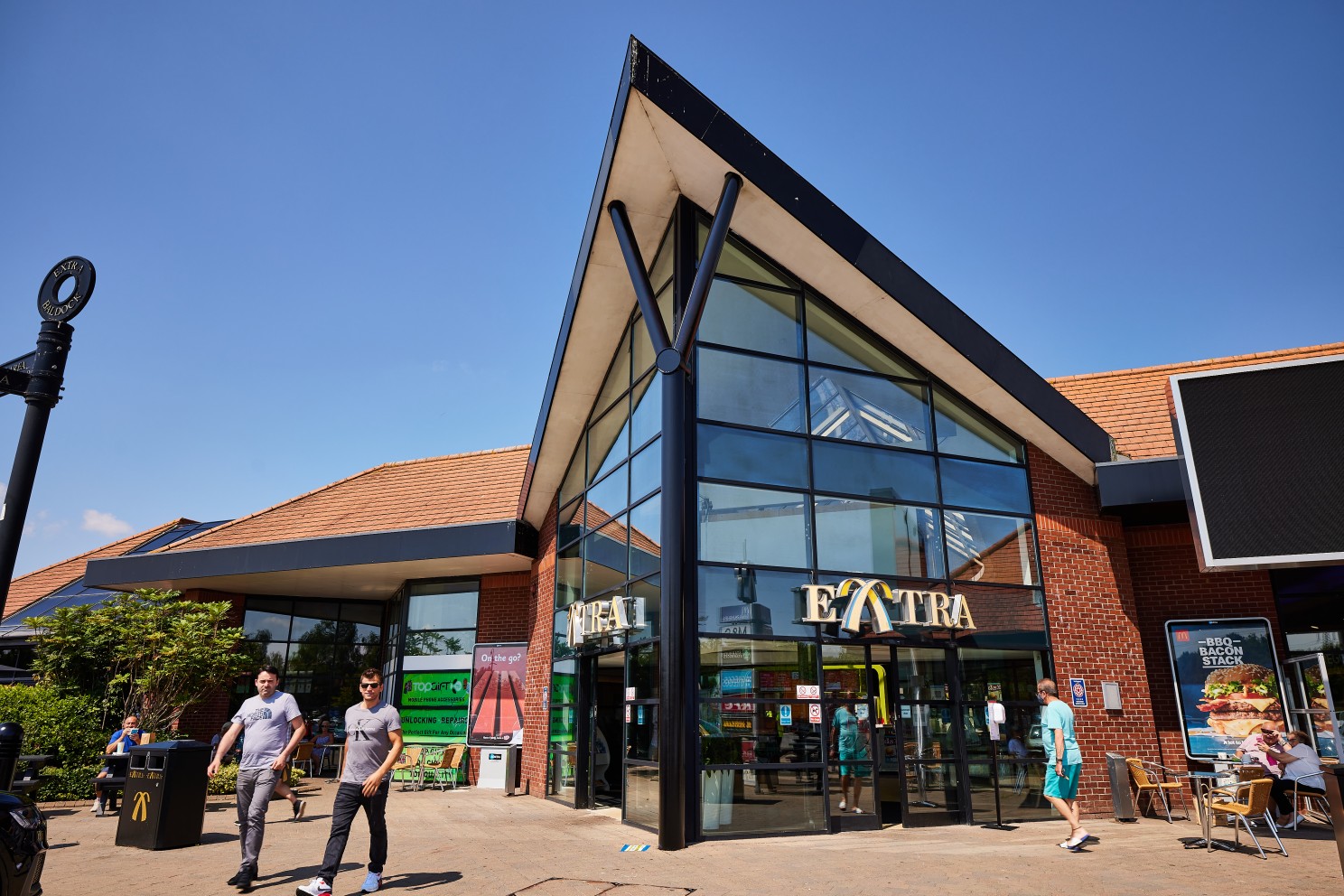
Josh Cousens
Strateško partnerstvo: Pristop družb SNAP in Extra k parkiranju tovornjakov
Ustvarjeno: 01. 08. 2024
•
Posodobljeno: 13. 08. 2024
Direktor Ross Mendenhall pojasnjuje, kako je SNAP pomagal družbi Extra Motorway Service Area (MSA) povečati rast prihodkov v svojem omrežju za do 8 % letno, odkar smo leta 2011 začeli sodelovati.
"Ključna prednost za nas je, da se baza strank SNAP nenehno širi, kar nam omogoča, da letno dosežemo dodatnih 30.000 potencialnih strank," pravi Ross Mendenhall, ki uporablja SNAP, da bi povečal poslovanje podjetja Extra s parkirišči za tovornjake.
Ross pojasnjuje svojo vlogo v podjetju Extra: "Nadzorujem našo mrežo osmih MSA po vsej Angliji, skrbim za najboljše delovno okolje in procese, ki nam omogočajo največje zadovoljstvo strank, in skupaj z našim izvršnim direktorjem zagotavljam, da se osredotočamo na naše ambicije glede rasti.
"Tesno sodelujem tudi z našimi dobavitelji in blagovnimi znamkami najemnikov, da zagotovimo najboljšo možno izkušnjo za vse, ki obiščejo naša letališča."
Dodatna območja storitev na avtocestah
Po odprtju prve poslovalnice v Cambridgeu leta 2000 je družba Extra zdaj eden največjih upravljavcev avtocestnih servisov v Združenem kraljestvu. V najnovejši raziskavi Transport Focus Motorway Service Users je bila družba Extra izbrana za prvega operaterja po zadovoljstvu strank v Združenem kraljestvu.
Ross pravi: "Osrednji del našega etosa je zaveza, da bomo naredili še dodatno miljo in vsem našim obiskovalcem zagotovili odlične izkušnje.
"Ponosni smo predvsem na to, da ponujamo veliko izbiro nekaterih priljubljenih blagovnih znamk hrane in pijače v Združenem kraljestvu, slikovite prostore na prostem s površinami za sprehajanje psov in otroškimi igrišči ter varne, čiste in kakovostne objekte, v katerih lahko vsi uživajo."
Leta 2023 je bilo na dodatnih območjih za avtoceste 260.066 parkiranj SNAP.

Vnesite SNAP
Ross, ki je s podjetjem SNAP začel sodelovati leta 2011, pojasnjuje, kako je partnerstvo pomagalo podjetju Extra pri rasti storitev parkiranja tovornjakov. "SNAP nam pomaga obveščati voznike tovornih vozil in vozne parke o naših ključnih storitvah, saj zagotavlja preglednost naših možnosti parkiranja, oskrbe z gorivom in pranja.
"Zavezani smo k povečanju zadovoljstva voznikov tovornih vozil, ki pri nas ustavljajo, in vključenost v mrežo SNAP nam to omogoča. Z aplikacijo lahko povečamo naša partnerstva in organsko prodajo, saj strankam ponudimo učinkovito orodje, s katerim lahko izvedo več o naših objektih, vključno s tem, kako jim lahko omogočimo prijetno, sproščeno in varno bivanje."
Kakšen je bil postopek namestitve?
Želeli smo izvedeti, ali je prišlo do kakšnih zapletov v zgodnjih fazah razmerja.
Ross pravi: "Bilo je zelo preprosto. Ekipa SNAP je bila pripravljena odgovoriti na vsa naša vprašanja in tudi po končani namestitvi je z veseljem prisluhnila našim povratnim informacijam o tem, kako bi lahko sistem še izboljšali, da bi bolje ustrezal našim potrebam."
Rast prihodkov
Rossa smo vprašali, ali je program SNAP podjetju Extra pomagal povečati prihodke:
"Partnerstvo s SNAP-om nam je pomagalo stabilno povečevati rast prihodkov, ki se je na letni ravni povečala za 8 %, pri čemer se je rast transakcij povečala za 2 %.
"Naše storitve v Cambridgeu in Peterboroughu so se medletno najbolj izboljšale, in sicer za 11 % in 12 %. Poleg tega so naše storitve v Peterboroughu, Leedsu in Cambridgeu zdaj več kot 100-odstotno zasedene."

Dostop in varnost SNAP
Po večletnem uspešnem sodelovanju nas je družba Extra leta 2018 prosila, ali bi lahko pomagali izboljšati njihove varnostne zmogljivosti.
"V preteklih letih smo še okrepili naše partnerstvo s podjetjem SNAP, saj smo investirali v tehnologijo CCTV in ANPR, da bi zagotovili čim večjo varnost.
"Z namestitvijo varnostnih tehnologij na vseh osmih lokacijah smo zaščitili prihodke in zagotovili, da vsako vozilo plača za pravilno trajanje bivanja.
"Učinek sodelovanja s podjetjem SNAP Access & Security je bil skoraj takojšen - od začetka delovanja se je prihodek od parkiranja povečal za približno 20 %.
"Poleg tega je varnost ena od prednostnih nalog voznikov tovornjakov, ki se ustavijo za daljši čas, zato smo veseli, da jim lahko olajšamo bivanje in jim zagotovimo, da imamo celovite ukrepe, s katerimi zmanjšamo tveganje kraje.
"Dostop do nadzornih plošč SNAP za poslovno obveščanje pomeni tudi, da lahko podatke spremljamo v realnem času, kar nam omogoča zagotavljanje najboljše možne uporabniške izkušnje," pravi Ross.
Najboljši del
Za konec intervjuja smo Rossa vprašali, kaj se mu zdi najboljša stvar pri delu s SNAP-om:
"Ključni uspeh za nas je vpliv na učinkovitost osebja. Uvedba sistema ANPR v kombinaciji s plačilnimi terminali voznikom omogoča samopostrežno storitev, kar pomeni, da se lahko osebje namesto tega osredotoči na druge ključne naloge, kot so čiščenje, vzdrževanje in storitve za stranke.
"Velika privlačnost plačilnih terminalov je tudi njihova prilagodljivost: vozniki lahko plačilne terminale uporabljajo v 15 jezikih, kar izboljša izkušnjo strank in zmanjša težave z jezikovnimi ovirami."
Če želite izvedeti več o dodatnih storitvenih partnerjih v omrežju SNAP, še danes obiščite zemljevid SNAP . Če ponujate parkirišča za tovornjake in se želite pridružiti omrežju SNAP, izveste več tukaj.


